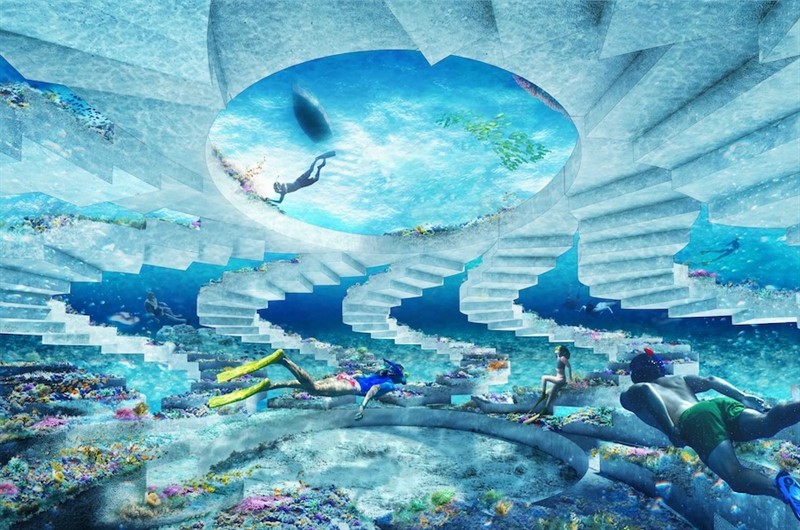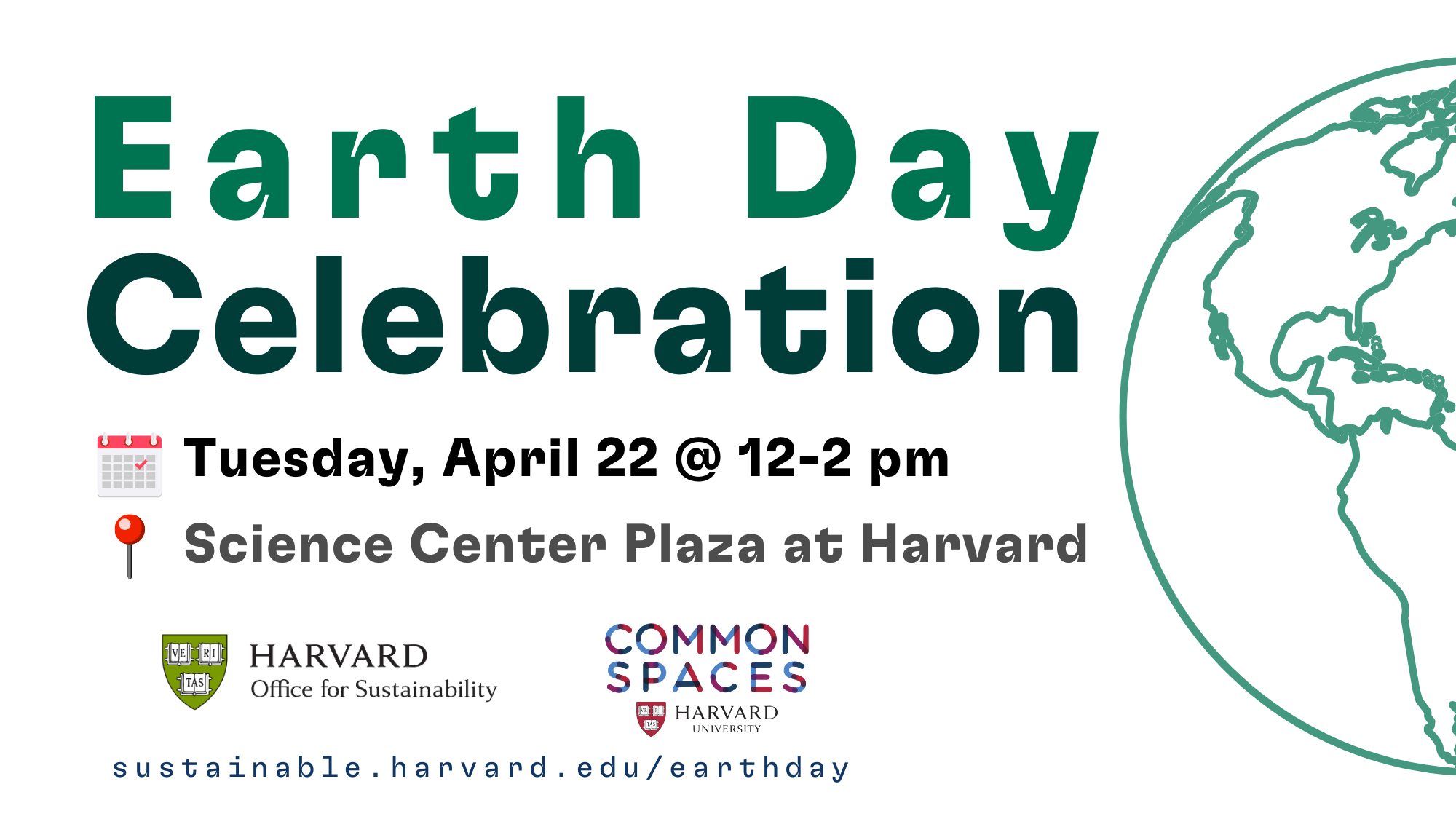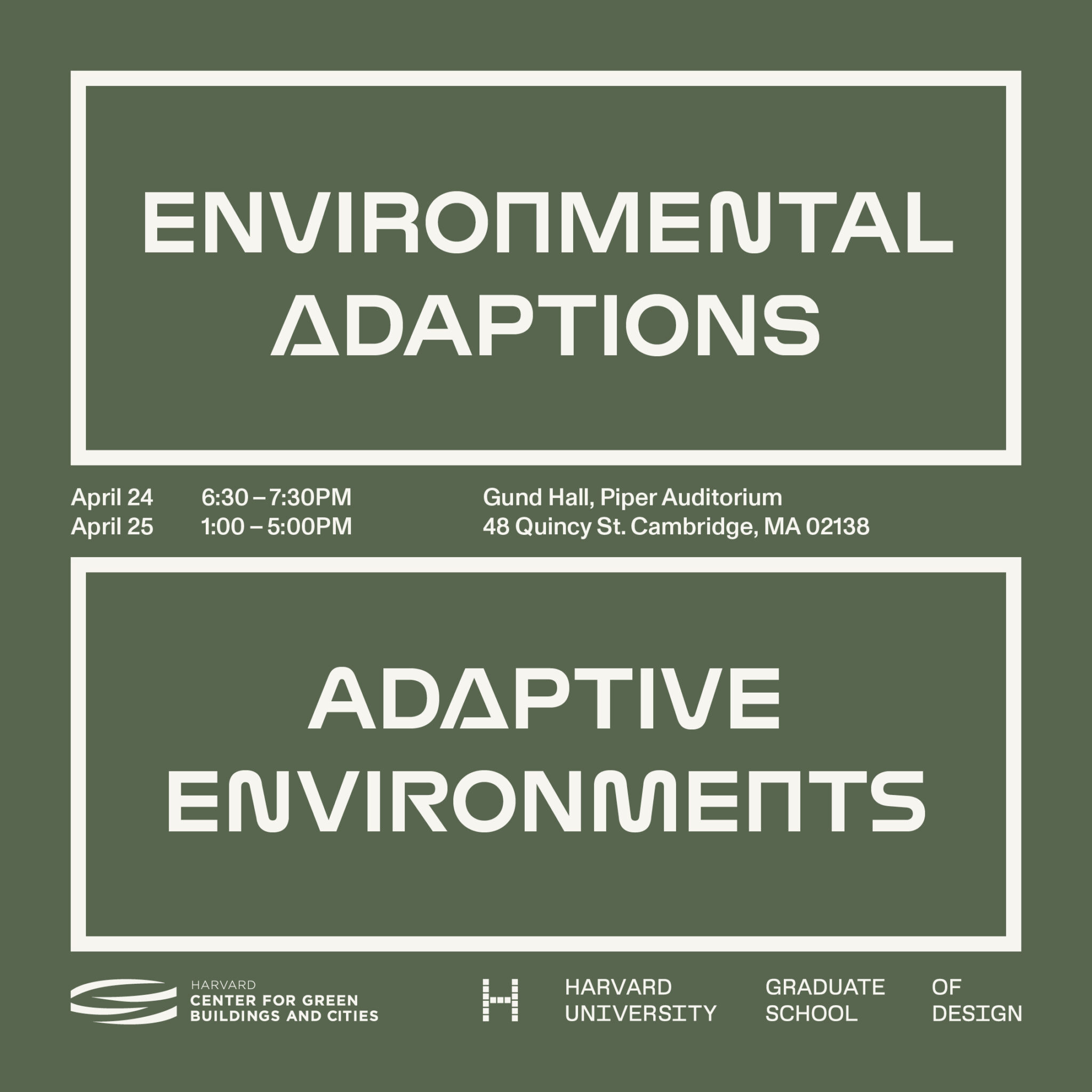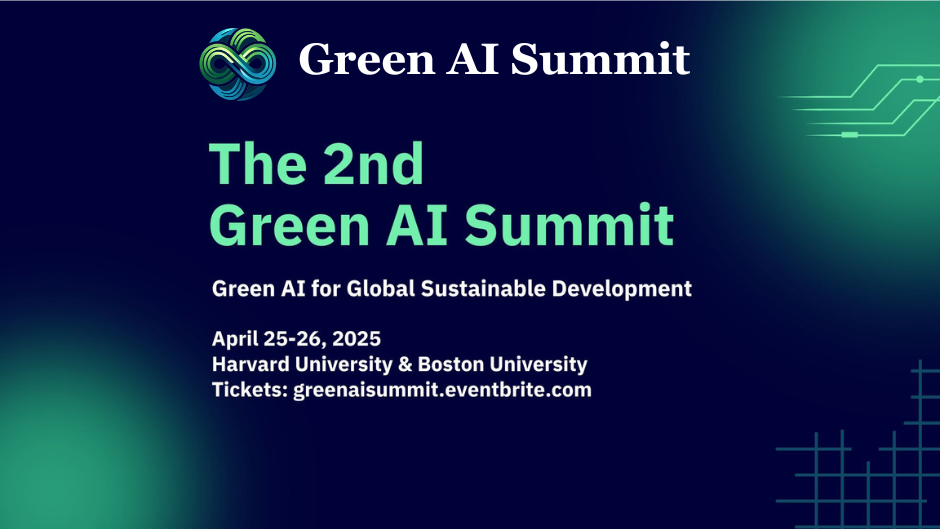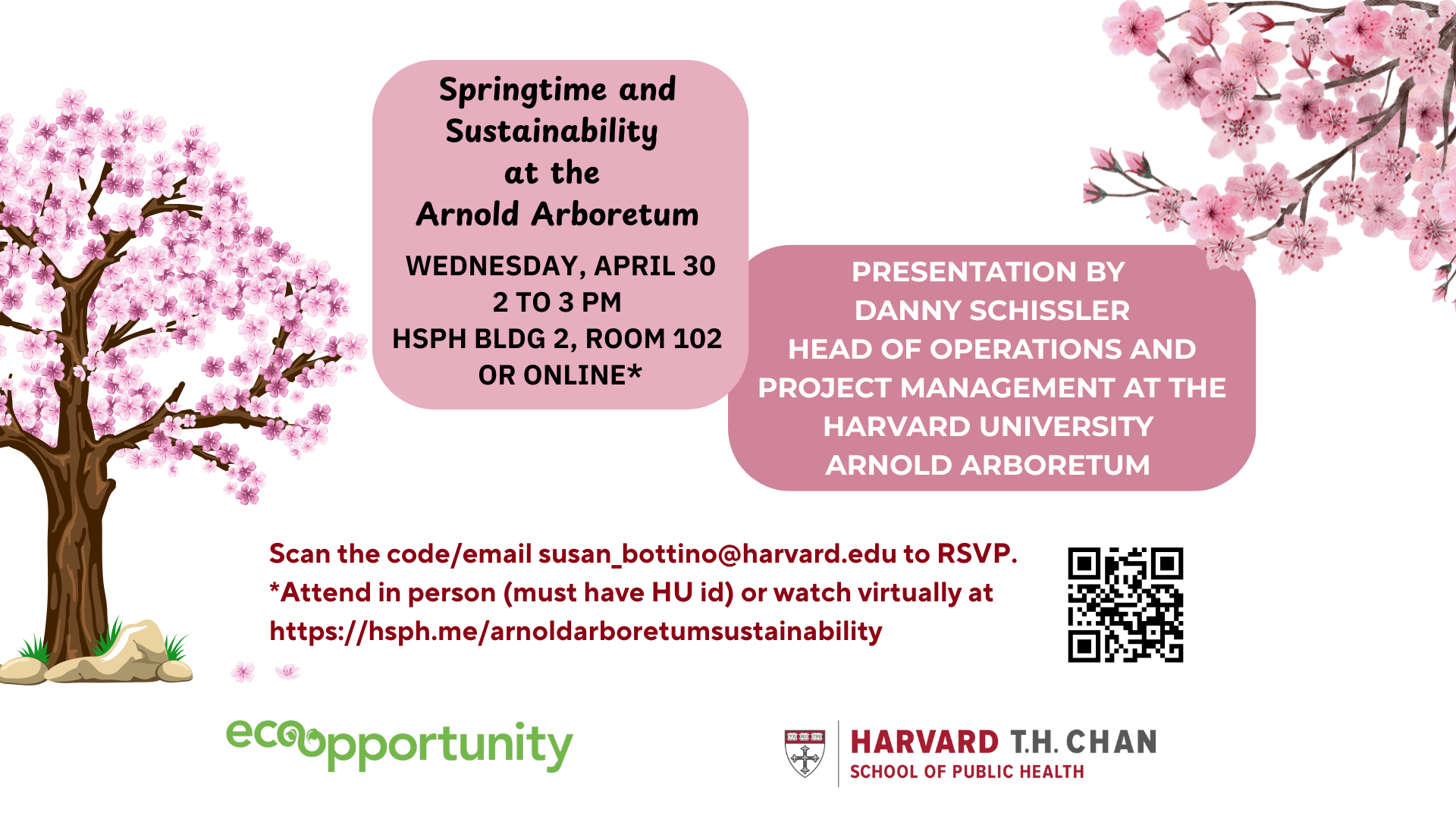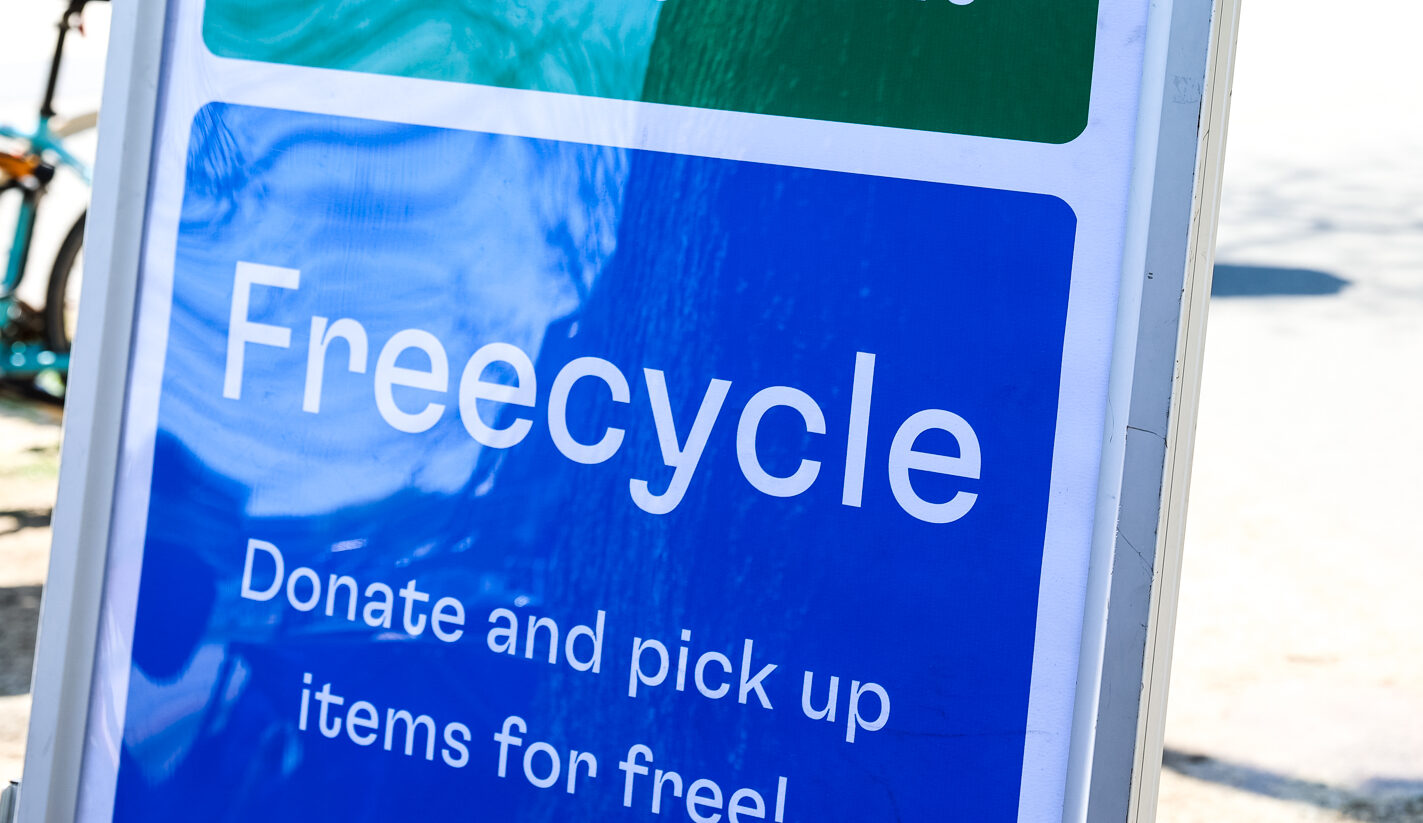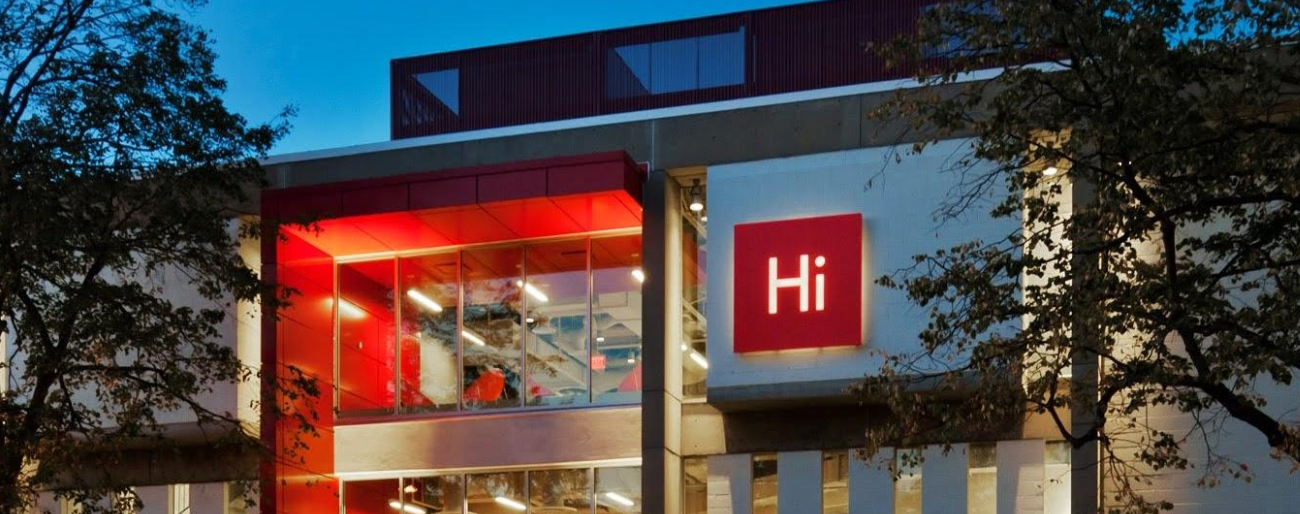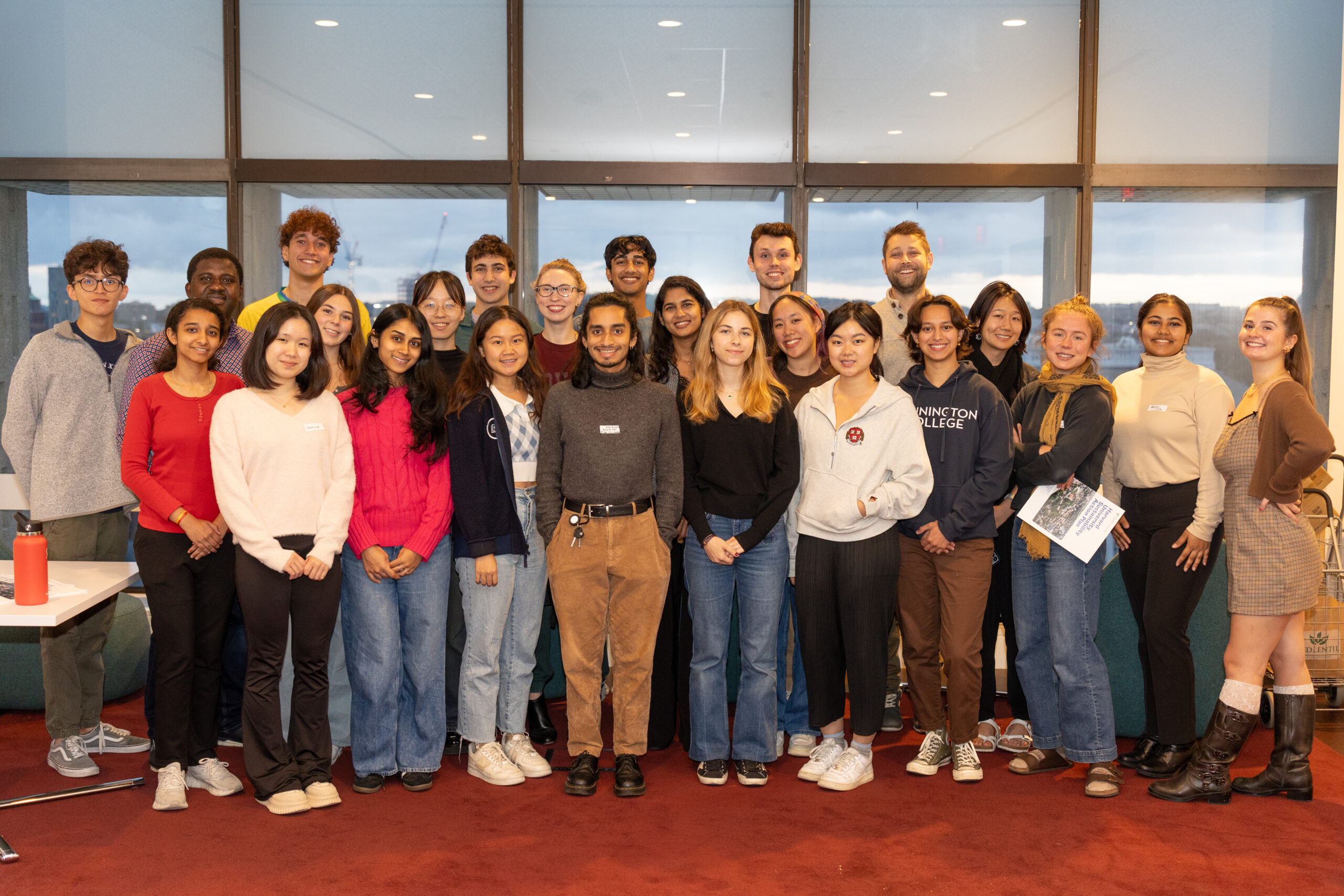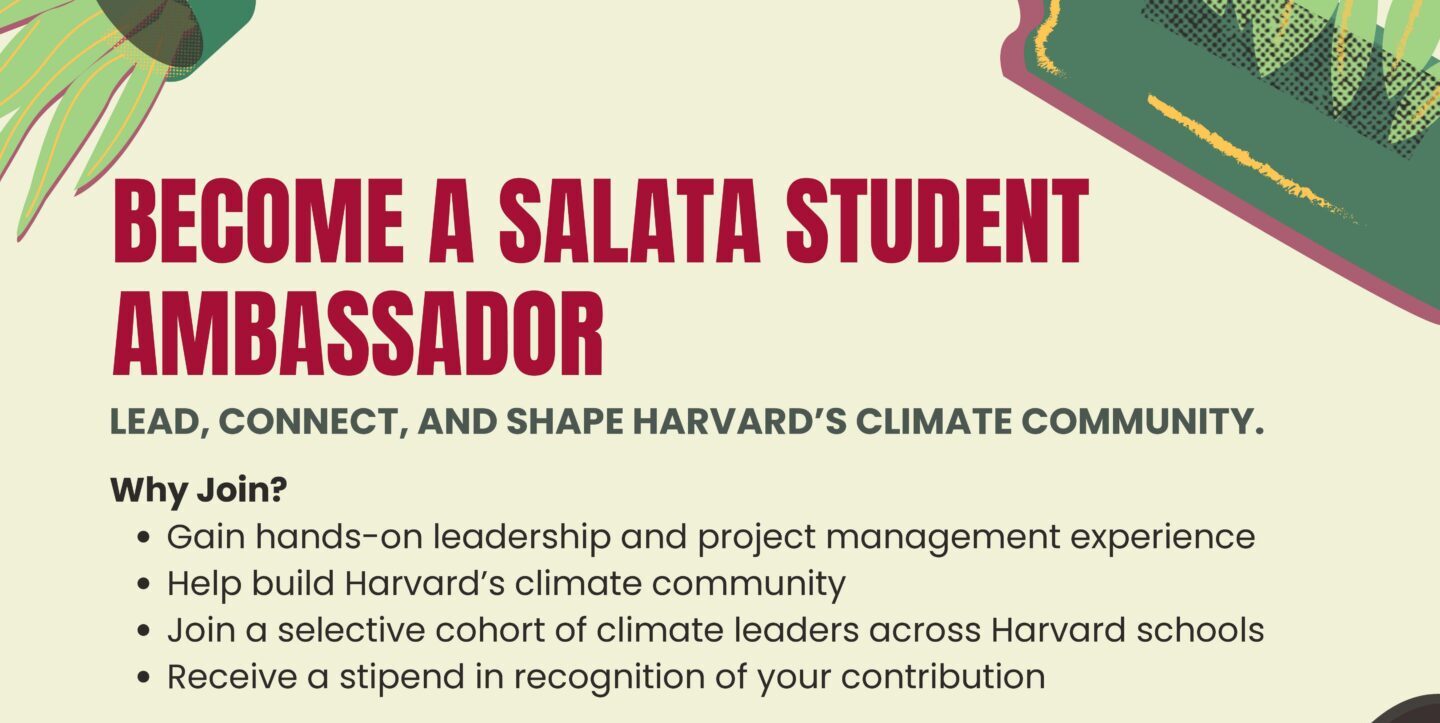Ximena Caminos, “The ReefLine”
Frances Loeb Library Lobby, Gund Hall 48 Quincy St. CambridgeThe cultural place-maker Ximena Caminos presents “marine acupuncture,” an innovative practice combining high art and deep science to target critical pressure points within our oceans and fostering environmental awareness through art and action-driven conservation. The ReefLine will be a 7-mile underwater public sculpture park, snorkel trail, and hybrid reef off Miami Beach’s shoreline. Conceived by Ximena Caminos and developed by the BlueLab Preservation Society, the ReefLine nonprofit team collaborates with the architecture firm OMA, as well as marine biologists, researchers, architects, and coastal engineers to design the master plan. Caminos’ lecture, followed by a conversation with Pedro Alonzo and Charles Waldheim, highlights how this pioneering approach uses human ingenuity to ignite ecological processes that regenerate the reef.
